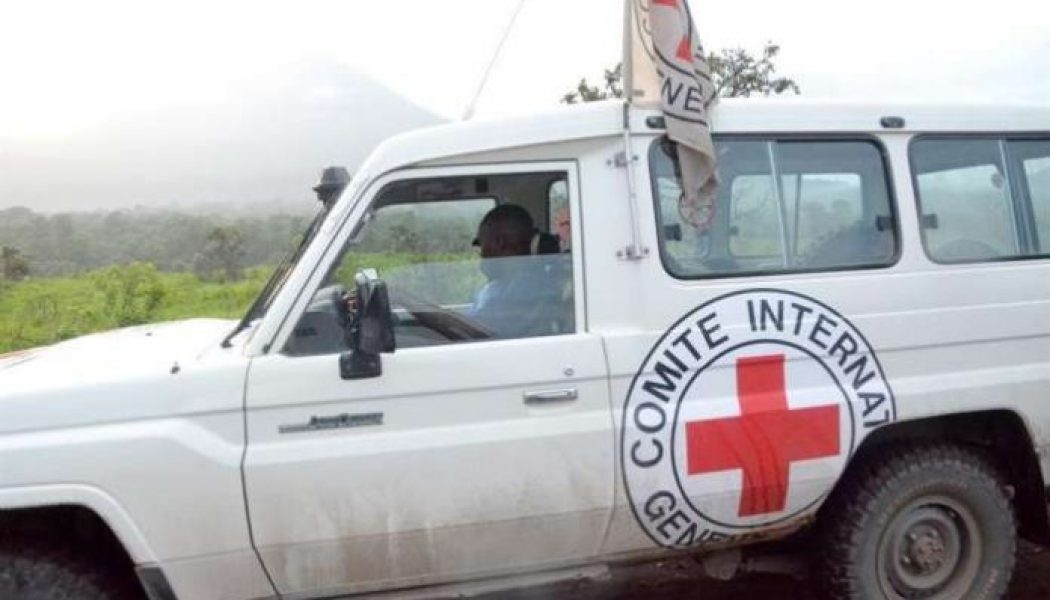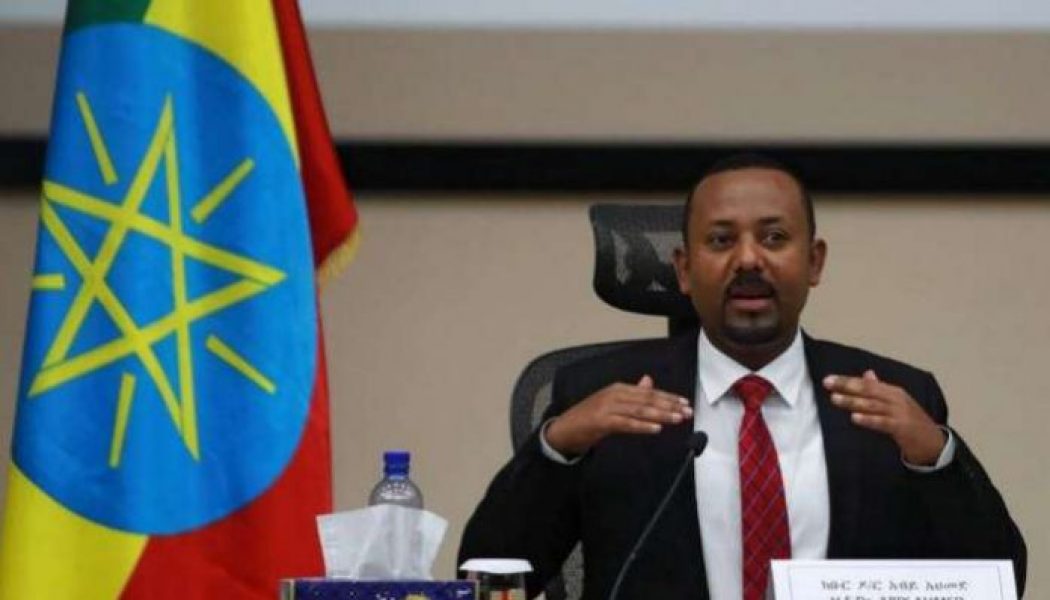Aid Workers
Ethiopia urges Tigray rebels to join ceasefire, hostilities persist
Ethiopia’s government urged Tigrayan rebels to join a unilateral ceasefire in their conflict on Thursday as aid agencies struggled to reach hundreds of thousands of people facing famine. The Tigray People’s Liberation Front (TPLF), the former rulers of Ethiopia’s Tigray region, said on Monday it was back in control of the regional capital Mekelle after nearly eight months of fighting. The government declared a unilateral ceasefire but the TPLF dismissed it as a joke. Hostilities persisted on Thursday and pressure built internationally for all sides to pull back. “Operations are under way … and the number of prisoners of war is increasing by the minute,” TPLF spokesman Getachew Reda told Reuters by satellite phone, with light artillery fire crackling in the background. “We are closing in on...
Ethiopia says army can re-enter seized Tigray capital Mekelle in weeks
The Ethiopian army could re-enter the seized Tigray regional capital of Mekelle within weeks if needed, a spokesman for a government task force said on Wednesday, adding that government-allied Eritrean forces had withdrawn from the region. It was the first public statement by a federal government official since Mekelle was taken by Tigray People’s Liberation Front (TPLF) forces this week in a major turn of events after eight months of conflict in which thousands of people have been killed. read more People in Mekelle, where communications were down on Wednesday, said on Monday incoming Tigrayan fighters had been greeted with cheers. There were similar scenes in the northern town of Shire on Wednesday, where Eritrean forces had pulled out and Tigrayan forces had entered, residents said. Peo...
United Nations, Ethiopia reach aid pact for war-hit Tigray
Ethiopia and the United Nations reached an agreement on Wednesday to channel desperately needed humanitarian aid to a northern region where a month of war has killed, wounded and uprooted large numbers of people. The pact, announced by U.N. officials, will allow aid workers access to government-controlled areas of Tigray, where federal troops have been battling the Tigray People’s Liberation Front (TPLF) and captured the regional capital. The war is believed to have killed thousands, sent 45,000 refugees into Sudan, displaced many more within Tigray, and worsened suffering in a region where 600,000 people were already dependent on food aid even before the flare-up from Nov. 4. Aid agencies had sounded the alarm about a growing humanitarian crisis and been pressing for access, after hundred...







